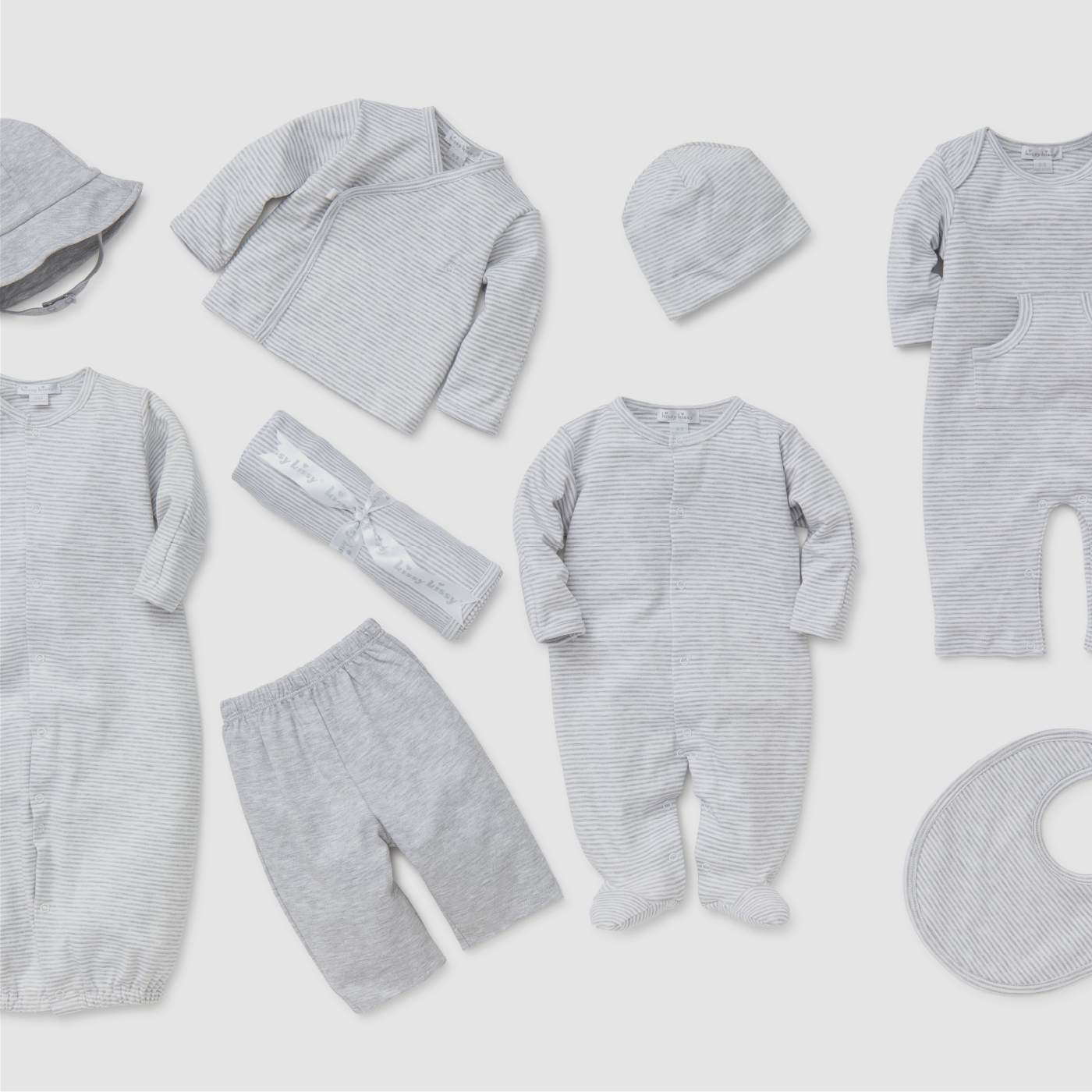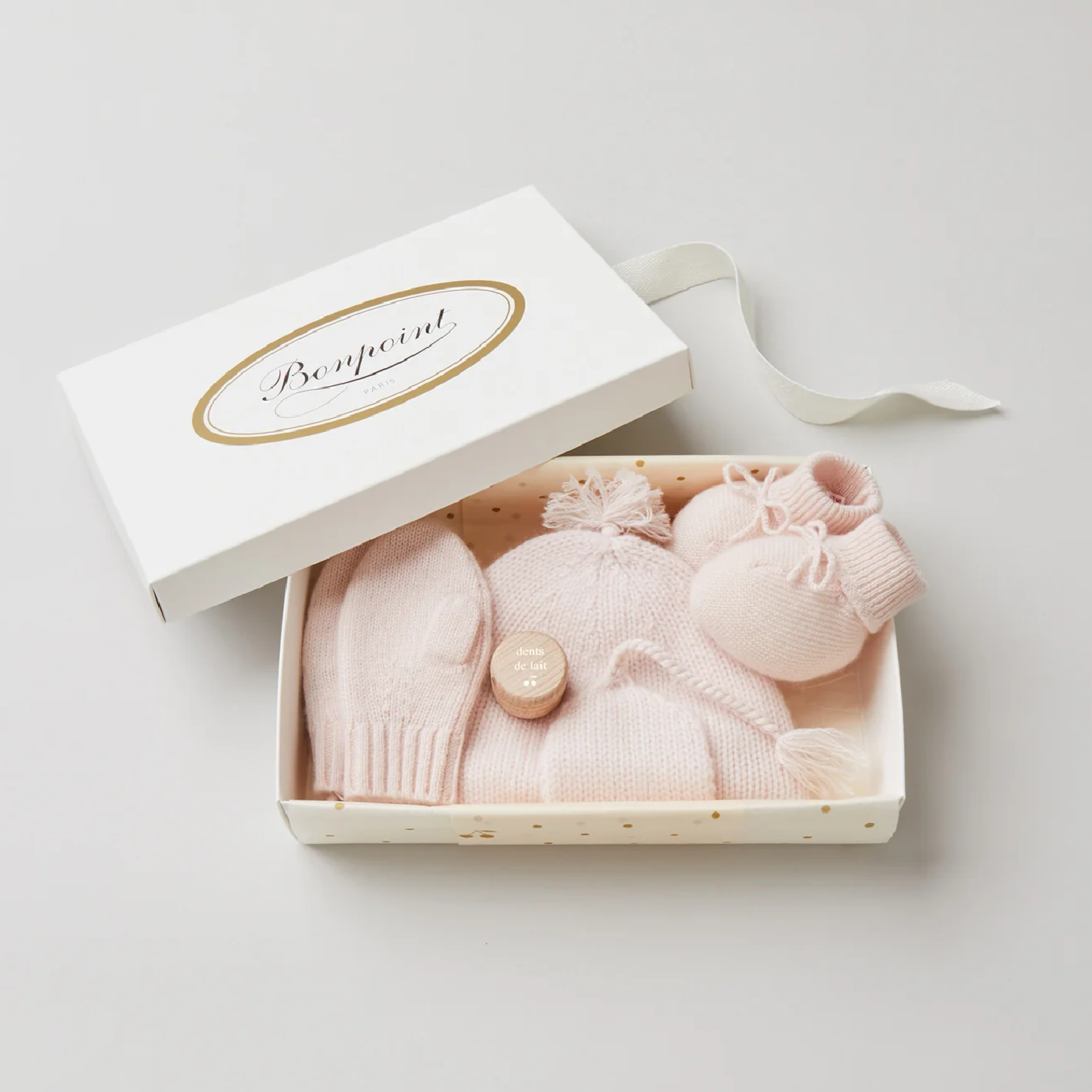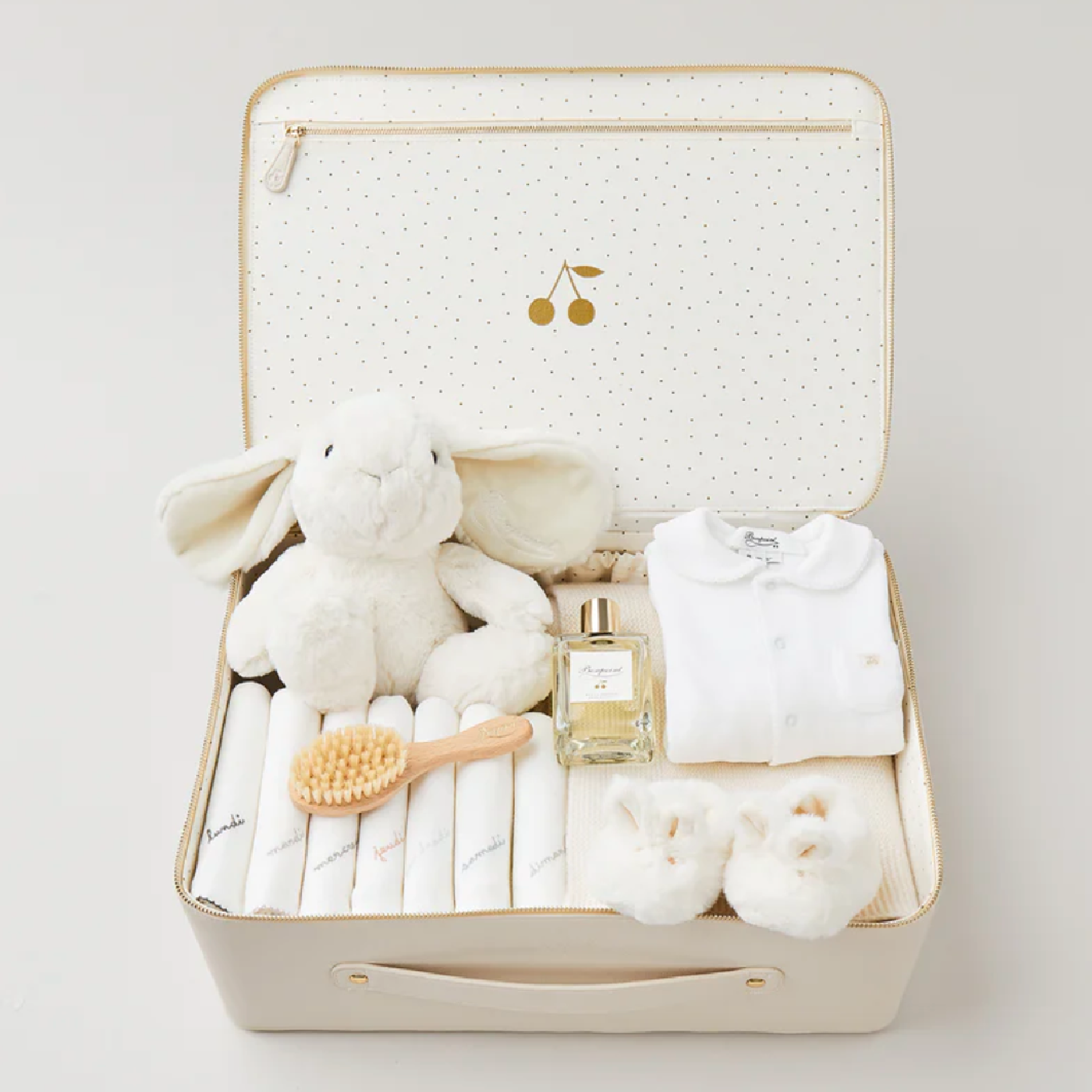
Formula-fed or Breast is Best: Which is Right for Your Baby?
While there may be some ongoing debate between breastfeeding and formula feeding, the jury is, for the most part, in. As it turns out, breastfeeding is the best way to deliver those much-needed nutrients to your newborn.
There are many reasons why a new mother might not be able to breastfeed, but women should not be saddled with unnecessary stigmas or worry that their baby will struggle to succeed. If you’re one of these mommies, rest assured that a formula-fed baby has just as much opportunity to grow up happy, healthy and strong as one that’s breastfed.
Whether you’re an expectant parent trying to figure out which way to go or a new mom looking for some perspective, here are the facts about breast and formula feeding.
Breastfeeding
The majority of medical experts, as well as the American Academy of Pediatrics agree that breastfeeding, especially within the first six-months, is the preferred method to get your baby the nutrients they need to be healthy and strong. The AAP further suggests that mothers should breastfeed until the baby is at least a year old.
Here are just a few reasons breastmilk is favored over formula feeding:
- Importantly, it’s readily available and free.
- provides the right amount of nutrients your baby requires: protein, carbohydrates, fat, and calcium.
- Potentially decreases the possibility of sudden infant death syndrome in the first year
- May aid in reducing the risk of your child being overweight in later years, and of developing asthma, allergies, type 1 and type 2 diabetes, high cholesterol, Hodgkin's disease, leukemia, and lymphoma.
- Delivers natural antibodies, so your baby resists illnesses, such as ear infections.
- Often more easily digestible than formula, breastfed babies have been shown to be less constipated and gassy.
- Some studies show breastfed babies have higher levels of cognitive function.
Furthermore, breastfeeding can create a wonderful, lasting bond between mothers and their newborns.
Formula Feeding
Some mothers may not be able to breastfeed because of health factors, physical limitations or a baby unable to properly latch. There is nothing wrong with formula feeding a child, so don’t fret if this is the direction in which you’ve got to go. A child who is formula fed from birth will grow up to be happy, healthy and intelligent.
The three most common types of formulas are:
- cows-milk or dairy-based
- soy-based
- protein hydrolysate (broken down protein and best for babies allergic to both dairy and soy)
These often come as:
- liquid concentrate,
- powdered
- ready-to-use.
It might take some trial and error to figure out which is best for your baby, so don’t give up if the first doesn’t fit. Keep trying!
The same goes for bottles. Selecting a BPA-free bottle is always a good idea and make sure you’ve got a slow-flow nipple for your newborn.
Don’t forget, there are some benefits to bottle-feeding:
- Anyone can feed your little one. Hubby, grandma and grandpa, aunts and uncles or babysitters can help baby get the nutrients they need while you get some well-deserved time with your partner, to yourself or just head back to work.
- You can get assistance at any time. Hubby can help out with nighttime feedings and you can catch up on sleep. This way, your partner has a chance to bond with baby during feeding times.
- You may not have to feed as often. Babies tend to digest formula slower, and this means fewer feeding times.
Pumping
It’s not uncommon for newborns to naturally lose ten percent or more of their birth weight, so some supplementation via extra breastmilk and formula could be a possibility early on depending on what your doctor recommends.
Even though you might not be planning to pump for bottles for some time, it’s a good idea to have a breast pump on-hand, just in case you want to nurse in public or have someone other than you feed the baby.
Also, it’s possible that after a few months or so of breastfeeding, you may find you’re not producing enough breastmilk to feed your baby, so supplementing with formula may become necessary.
Importantly, many insurance companies will help pay for all or part of your breast pump costs, so it’s worth checking to see what your coverage might carry.
Conclusion
While the expert consensus is that breastfeeding is now the preferred feeding method for your baby, especially early on, there are still reasons you might need to formula feed. Whichever way you go, just know that with love, care and attention, your baby will grow to be happy, healthy and strong!
Join Us
@kissykissy













